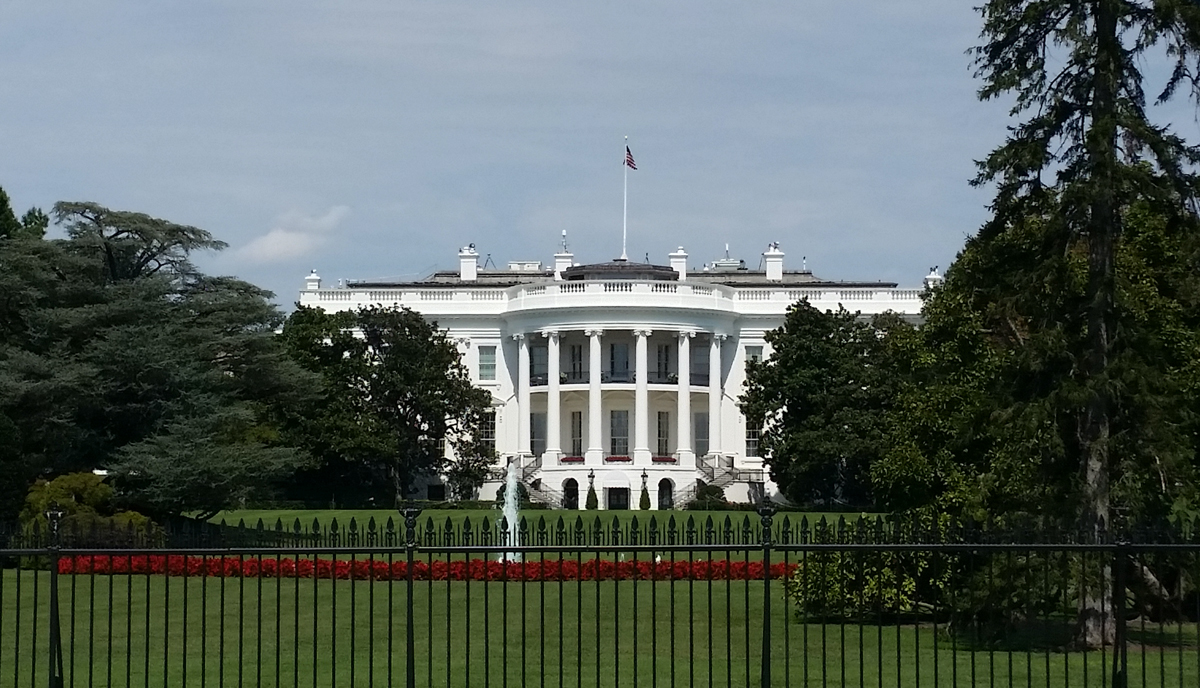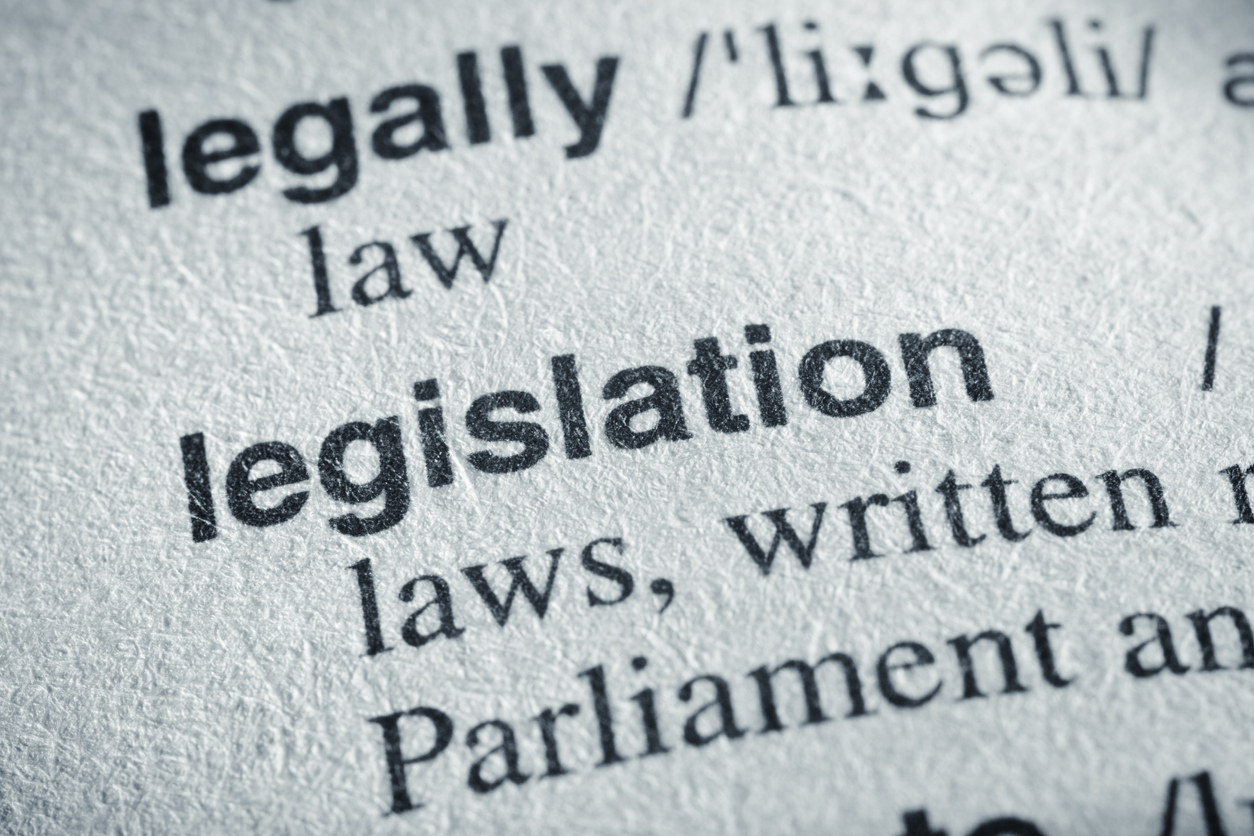With COVID-19 business closures, legislatures across the country have been grappling with new questions, including what protections may be afforded by business income insurance. As of late, members of legislatures in states like New York1 and Pennsylvania2 have all proposed legislation in favor of affording coverage for claims that might otherwise be excluded. While these bills have not passed, they may offer some indication about what legal issues could arise in the future.3
Generally, a business with an all-risk insurance policy that includes a business interruption provision should be protected from business losses or suspensions (unless expressly excluded).4 However, because many policies that afford business interruption insurance require a “direct physical loss” to the property, carriers may deny COVID-19 insurance claims. Policies may also have specific viral, bacterial, or pollution exclusions that carriers may argue apply to claims filed under COVID-19. Anticipating these arguments, certain members of state legislatures have advanced bills to afford coverage for COVID-19 business interruption claims despite such policy language.
New York legislators propose that COVID-19 be deemed a “covered peril” for businesses that have 250 or less eligible employees.5 Subject to policy limits, the bill requires that the policy already contain a business interruption or loss of use provision. A carrier who provides coverage under the bill would be able to apply for reimbursement from the superintendent of financial services. The bill states:
[E]very policy of insurance insuring against loss or damage to property, which includes the loss of use and occupancy and business interruption, shall be construed to include among the covered perils under that policy, coverage for business interruption during a period of a declared state emergency due to the coronavirus disease 2019 (COVID-19) pandemic.
Pennsylvania likewise proposed a bill called the “Business Interruption Insurance Act.” The proposed bill would apply to businesses with 100 or fewer eligible employees and would also grant carriers the opportunity to apply to the commissioner for reimbursement. The bill states:









